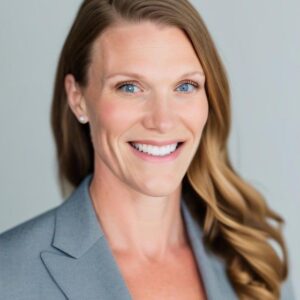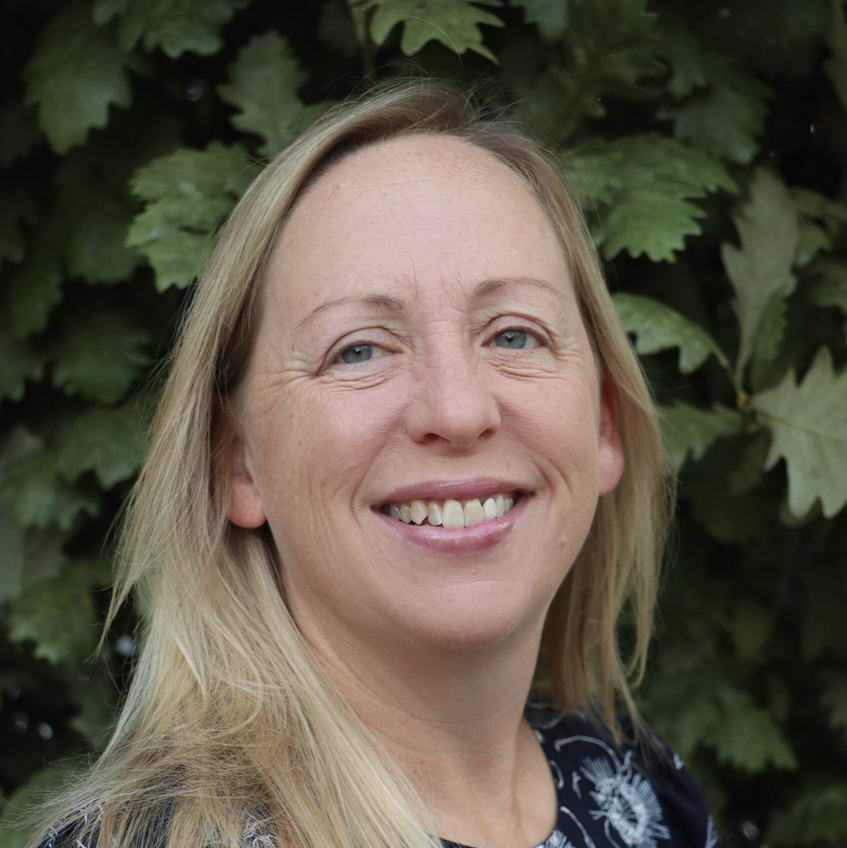
As healthcare organizations face mounting pressures, from budgetary concerns to cybersecurity attacks, it has become vital to identify leaders who can navigate difficult situations and think on their feet. It’s the type of skillset that can be difficult to develop – but is, in fact, quite common in one key subset: military veterans.
In the past, healthcare hasn’t exactly been a common landing spot for commissioned officers, but in recent years that has changed. Now, a growing number of former military personnel are taking on leadership roles at hospitals and health systems, bringing with them the valuable lessons they learned while serving the nation.
In the second of a two-part series (click here to read the first), we share perspectives from two individuals – Rusty Yeager, SVP and CIO, Encompass Health, and Shannon Becker, VP, Information Systems, Sentara Health. who discuss how their military experiences shaped them as leaders. And although they had very different expectations, both were able to gain the education and mindset necessary to take on key roles.

Rusty Yeager
Rusty Yeager’s military experience didn’t exactly start out the way he had hoped. “I wanted to be a fly guy, but that didn’t work out,” he said.
Instead, he was placed in healthcare administration, much to his chagrin. “I remember thinking, ‘you’ve got to be kidding me,’” Yeager recalled. “I didn’t want to do that. I did not like hospitals, and I really did not like computers.”
Fortunately, he was able to put aside his feelings. His first assignment as the Chief of Resource Management, which then included computers, started him on a path that would eventually culminate in the role of SVP and CIO for Encompass Health (formerly HealthSouth) Encompass Health operates 165 inpatient rehabilitation hospitals across the nation and in Puerto Rico.
“It was one of the best things that ever happened to me,” said Yeager, who earned a wealth of experience during his career as a US Air Force officer (both Active Duty and Reserve), serving as a CIO, Regional CIO, and CTO responsible for the USAF Health System’s IT worldwide operations. He was also a senior staff advisor to various levels of the DoD’s Military Health System on strategic matters related to IT policy, procedures, procurement, solutions, and cybersecurity.
And although he may have benefited from fortuitous timing given healthcare’s digital transition, the most critical factor in Yeager’s success was the foundation he built during his time with the military. “I would not have been as successful without that underpinning of leadership, discipline, teamwork, and problem-solving,” he said. “We’re always planning for potential scenarios and making sure our teams are prepared.”
Another critical lesson he learned was around the importance of effective communication. Regardless of an individual’s age or rank, “there’s an expectation that you can communicate and convey to leadership what’s going on with your particular area and what is the impact on the overall mission,” he said. “That’s still the number one thing any IT person can do; learn how to communicate in the appropriate language.”
Not to be overlooked, particularly considering the cybersecurity epidemic, is the ability to “be flexible and make decisions in the heat of the moment,” Yeager said, adding that veterans often thrive in the cybersecurity world because of their ability to remain calm. “We train like we fight, and we fight like we train. That’s something we said in the military, but it works in this context because cyber activity is like a war,” and the more prepared teams are, the more effectively they’re able to lead response and recovery efforts.
Most importantly, military training incorporates a mission-driven mindset that’s extremely valuable across all industries, but especially healthcare. “It’s all about working in support of our caregivers,” he said. “To me, that transcends everything.”

Shannon Becker
Shannon Becker didn’t necessarily have the experience she expected to have during her time with the military, and she didn’t necessarily learn the lessons she expected to learn.
What she did glean, however, ended up being quite valuable – and, in fact, career-altering.
“I learned a lot about self-reliance and leadership behavior” – including those she chose not to embody based on her own philosophy. “That draconian path wasn’t something I found I would align with, and so for me, the military was about letting me figure it out.”
What she initially sought was discipline, Becker said, admitting that she felt “very lost” as a college student, and lacked the baseline of skills she needed to be successful. “I got two speeding tickets in two days and dropped out of school because I didn’t know what I wanted to do for a career.”
Joining the Army seemed like the best option at the time, and in Becker’s case it was, primarily due to her determination to “use the time as effectively as possible.” That meant not just earning credits toward a B.S. in Respiratory Therapy, but also rising through the ranks as an Army Reserve Officer. She eventually earned a Master’s of Science in Health Informatics from Northern Kentucky University – the same school in which she earned her undergraduate degree – and began working at Bon Secours Health System, initially as an OpTime Application Coordinator.
Again, Becker got the most of the experience, leveraging the opportunity to obtain 11 Epic Licenses and Certifications, which helped boost her career profile while also equipping her with the skills necessary to turn around a struggling hospital billing department that had been through five managers in five years.
Leadership took notice, with Becker eventually being promoted to manager role, then named Epic Revenue Cycle Applications Manager of Bon Secours Mercy Health. Part of what propelled her was the experience she built in the Army learning how to “manage different personalities” and adapt to changing circumstances.
The latter proved extremely beneficial when the Covid-19 pandemic hit – and delivered a sizable dose of humility. “Not everyone can handle all that life throws at you with the same amount of resilience,” said Becker, who believes that the experience “forced me to reengineer how teams work together.”
It also forced leaders to focus on results, looking carefully on how productivity was (or was not) affected by having remote teams. “Are we meeting our deadlines on projects? Are people happy? All of those factors that would lead you to believe you have a healthy, productive workforce,” she noted. What they realized is that “when you give people more room to breathe, they actually are more productive.”
Her recommendation? Take “a more individual approach to how you’re going to be the most successful, and empower your employees to own that. It’s holding them accountable when they’re not, and giving them support to help them do so.”


Questions about the Podcast?
Contact us with any questions, requests, or comments about the show. We love hearing your feedback.

© Copyright 2024 Health Lyrics All rights reserved